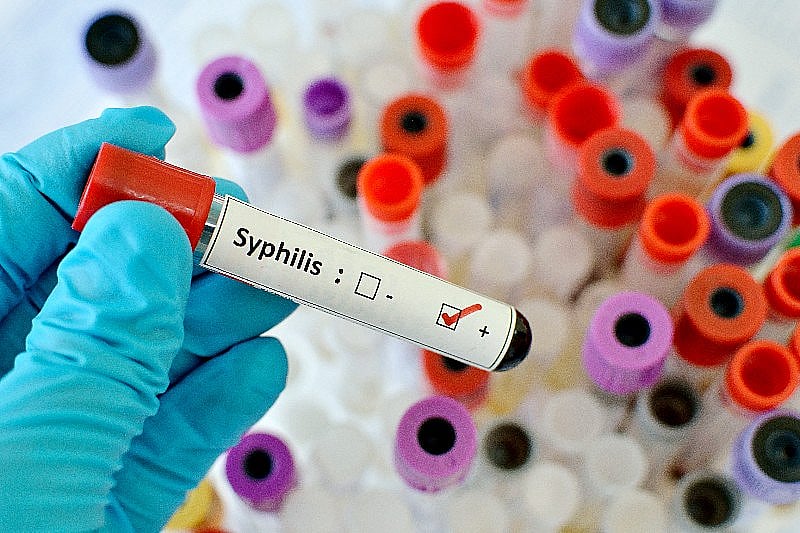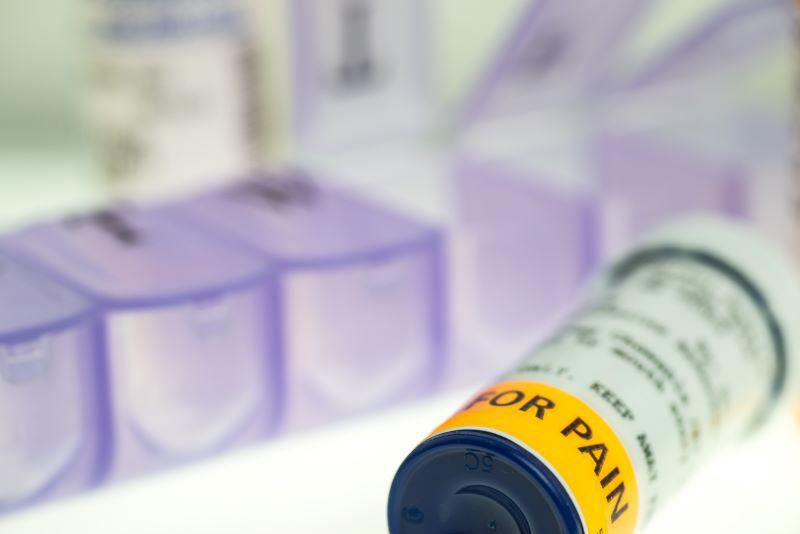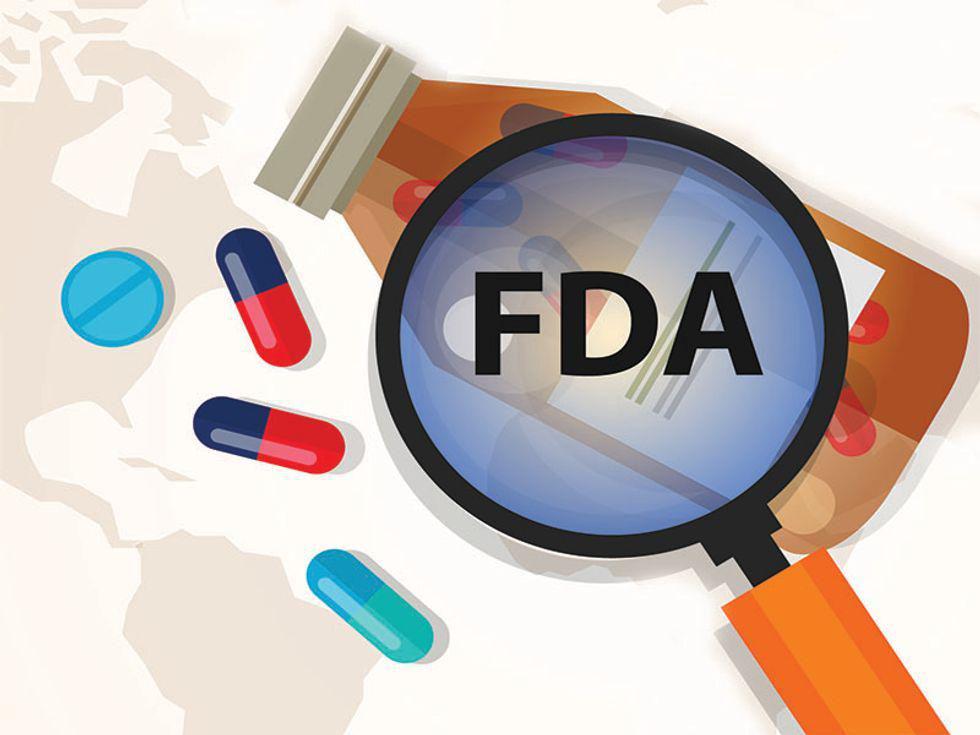
Even small increases in a man’s cardio fitness can significantly reduce his risk of developing prostate cancer, researchers report. An annual increase in aerobic fitness of 3% or more is linked to a 35% lower risk of prostate cancer, according to a report published Jan. 30 in the British Journal of Sports Medicine. “Improvements in… read on > read on >






























